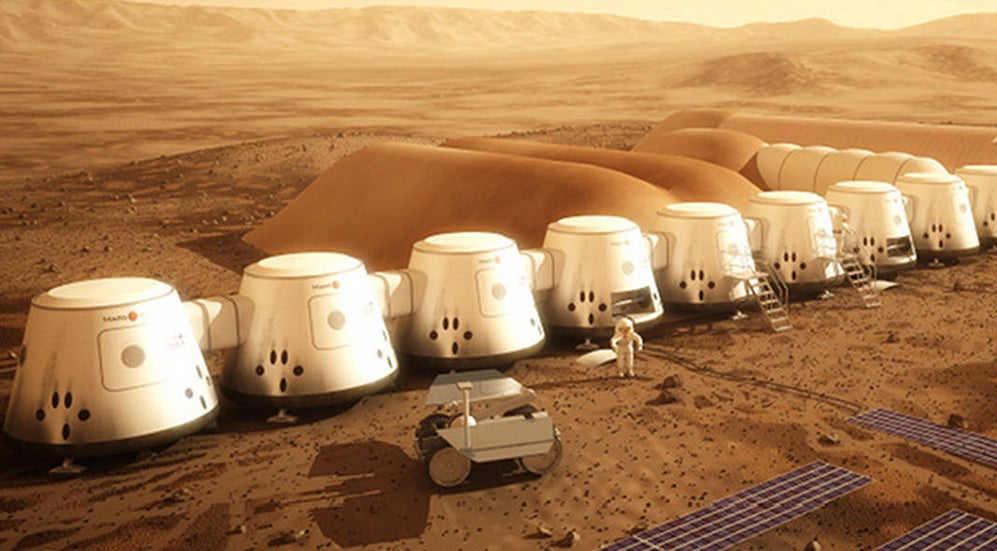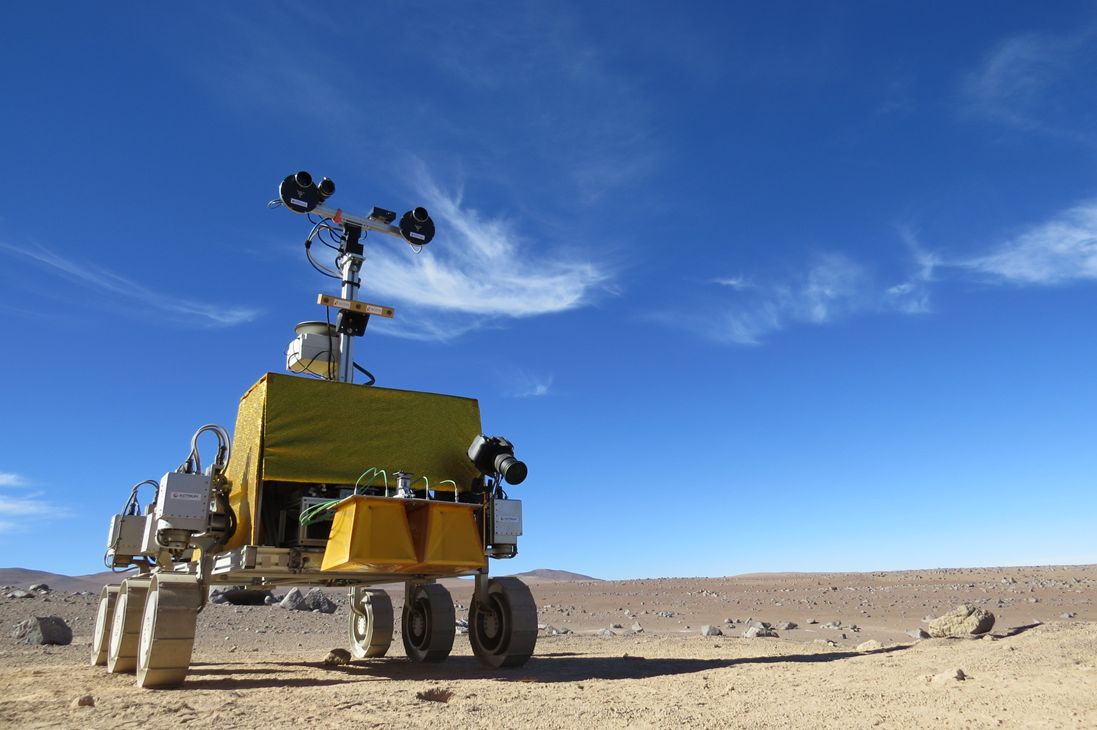Today is May the 5th. In holland we commemorate our liberation from Nazi occupation by the allied forces. The US, UK, Canada pushed North from Belgium and all around the country people where celebrating, eating chocolate and killing traitors and collaborators. Desperation always creates opportunity for people with low moral standards, and the dutch wheren’t all saints, even though we like to remember the heros of the ‘England spiel’ (see the movie Soldier of Orange).
The story of the second world war is really how ignorance got a grip over an exhausted Europe, how the anger of one man who thought about it and decided to unite people by hate, caused the death of over 44 million. It is above all a story of industrial ambition, the hand of industry carried Hitler to his power, not the frustration of the germans, not their sense of superiority. The jews where an easy victim, it is typical for anyone that wants to rise in power, on any scale to show agression to the weakest, because it is that show of agression that makes others fall into line with them.
For me the lesson of the Holocaust is not that people are cruel, or that nazi’s are animals, but that large organizations can disable the ability to apply morality. The result can be that normal honest industrious people can become part of a terrifying killing machine.
Love is a double edged sword, because it does not only cause us to care, but also to hate. Love is not a positive or negative, it expresses itself in a contrast. The contrast between morality applied to what is loved and no morality applied to what is not loved can be witnessed in every action movie. The hero’s wife is killed, he loved her, he is enraged and commences to destroy countless lives. We hate with him, because his love imploded. The hate was always there, it is natural. The force of love increases the division between what we do and what we don’t care for, so we learn to protect our loved ones and defend against all else.
Why talk about the effect of love? It’s because it was used to make the perpetrators of the Holocaust as cruel as they where. Their self love was amplified by Hitler. They where ubermensch, they where superior. This meant they loved themselves and hated all the rest of the world. The jews where used to further build the contrast of them versus us. The doctors that performed euthenasia on twins, taken from the Roma, jews and disabled where vain, idle, ambitious and bought into the notion they where superior. Their self love translated into indifference to the lives of ‘not them’.
We need to seek a scale in society that makes the love we feel least dangerous
Hitler institutionalized the psychology that would insulate his germany from the rest of humanity and turn it into a killing machine. He used systematic propaganda and terror to force people to comply. He found help in the young, who have no developed morality (if it is not the instinct to love) and criminals to augment his amry of honest germans who ‘just did their job’. The organization he created was what drove people to destroy so many lives. On an individual level only the very vain and ambitious, or downright criminal people would otherwise have committed the attrocities.
Maybe you can say that the ease with which you can make someone threaten the life of another determines the dept of immorality you can exploit. A firing squad made up of jews that would be killed if they did not perform the job. They would be threated by someone who may never have killed anyone, but could in theory with impunity.
I read a letter once in the Yad Vashem museum in Jerusalem, it was of a proud german officer that explained how he increased the throughput of the gas chambers of his camp. It was written as if it was his challenge to produce as much model T Fords as possible.
The irony is that Hitler did take a look at the Ford factory. He got a lot of help from industry, not only to bring him to power but also in organizing his deportation scheme. What was later to become IBM delived punch card computers that made it possible to find and select people based on race. The logistics of the deportation of minorities to the camps would not have taken on the scale without this automation. It shows that industry has no morality, it can, but usually it does not because the directors in it care for themselves, not for who falls victim to their lust for profit. The insulation of superiority works very strongly for people that see themselves provide necessary products and services to thousands of ‘consumers’. In the First World War this drive from industrialists was perfectly evident, the war would have stopped much earlier if its emperor had not been pressured into continuing by them.
So to me the lesson if WO II is this set of rules :
- Don’t allow yourself to feel superior to others.
- Don’t allow any ideology to create a sense of superiority in its practitioners.
- Don’t allow industry to dictate what happens.
- Don’t allow money to dictate what happens.
- To disable industrial pressure downsize industry (horizon rule).
- To disable a unifying force in industry go renewables.
- To disable sensitivity to hate speach spead wealth equally.
- Always reduce the scale of power to its lowest level.
- Don’t allow decisions to be made at the aggegate level.
The horizon rule dictates that no company can serve clients or be owned by anyone beyond the horizon as seen from the company office. Alternatively it can mean the action radius of vehicles starting from the company HQ.
We came from a society like this, a small farm community society. It did have large trading centers, from Oslo during the Vikings, Persepolis during the Persian world hegemony, Venice etc. but power was fragmented. The world was a swamp of interests. The Chinese Ming dynasty or the Mongol empire where examples of organization combined with sudden death policies and they created large functioning economies. But those where still human scale. In the fossil era we have seen superhuman wars, super human production and super human organizations dominating our lives. We see a drive to turn people into AI controlled drones, as happy destructive end points for fossil fueld production chains. It seems like a good thing to consume Will.I.am music and wear the latest brands but the same system can be turned to drive hatred, the ignorant comfort it allows makes people indifferent to the destruction necessary to maintain it.
With renewables we can return to the ‘small farmer’ scale without losing our technological advances. We are wise to do so to disarm the large organizations that make us hate russians, muslims, Cruz, Trump. We are wise to do so because in the case of a fossil fuel supply calamity we will be safe. We are wise to do so to prevent genocides such as those of WOI ad WOII. We are also wise to do so because it is simply the better option for everybody except those living off fossil fuel cash streams.
Fossil cash flow has caused a lot of unnecessary waste and destruction as it does not matter what happens, as long as fossil fuels are used, cashflow can be skimmed and the money can be spend on luxury goods/lifestyles.
The engineers of the 1900s who suddenly saw a glut of coal and steel to realize dream projects where right to execute them, to push humanity ‘forward’. But along the way it created a class of people that did not depend on progress, social equality, but simply made money if more fossil fuels where used. They caught the once in a billion year opportunity of addicting our planet to fossil fuels, uniting it in a sense, making it a controllable thing with a top down political structure : fossi/banks/industry/society. The proponents still work to consolidate this structure. But this structure includes weapons manufacturers, Haliburtons, large companies that don’t care who dies for their profit if it is not affecting them. It practices eugenics by advertising and selecting based on racial and economic factors. Homeland security, NSA, trillion dollar operations all happen because of this centralized approach, that exist to protect it.
This world economy, driving our ecological support system to zero is polulated by billions of people who don’t consider what they do immoral, just like the selecting camp doctor in Auschwitz thought he was ‘just doing his job’. The problem is the scale of things. The problem is the inability of people to exercise their morality over their own actions. They are either to desparate, to distracted, to misinformed but every time it is the scale of operations that makes this situation dangerous.
To protect against WOII psychology we need to return from a ‘global economy’ to a ‘multilateral economy’ and to do that we need to shed dependence on fossil fuels, because they create a centralized economic system due to their centralized production and distribution. The competition for these centrally distributed fossil fuels makes people desperate and ready to execute immoral acts.
It is lucky that to move towards such localized economy we are also solving a lot of poblems and preventing more harm to be done to our already precarious state. Wealth equality based on renewables, and alertness to systems that are sensitive to developing a war mentality will steer us to a world that cooperates, shares information and technology, lives off renewables and restores its ecology. Learning from the wars and with todays technology world peace is within reach.











